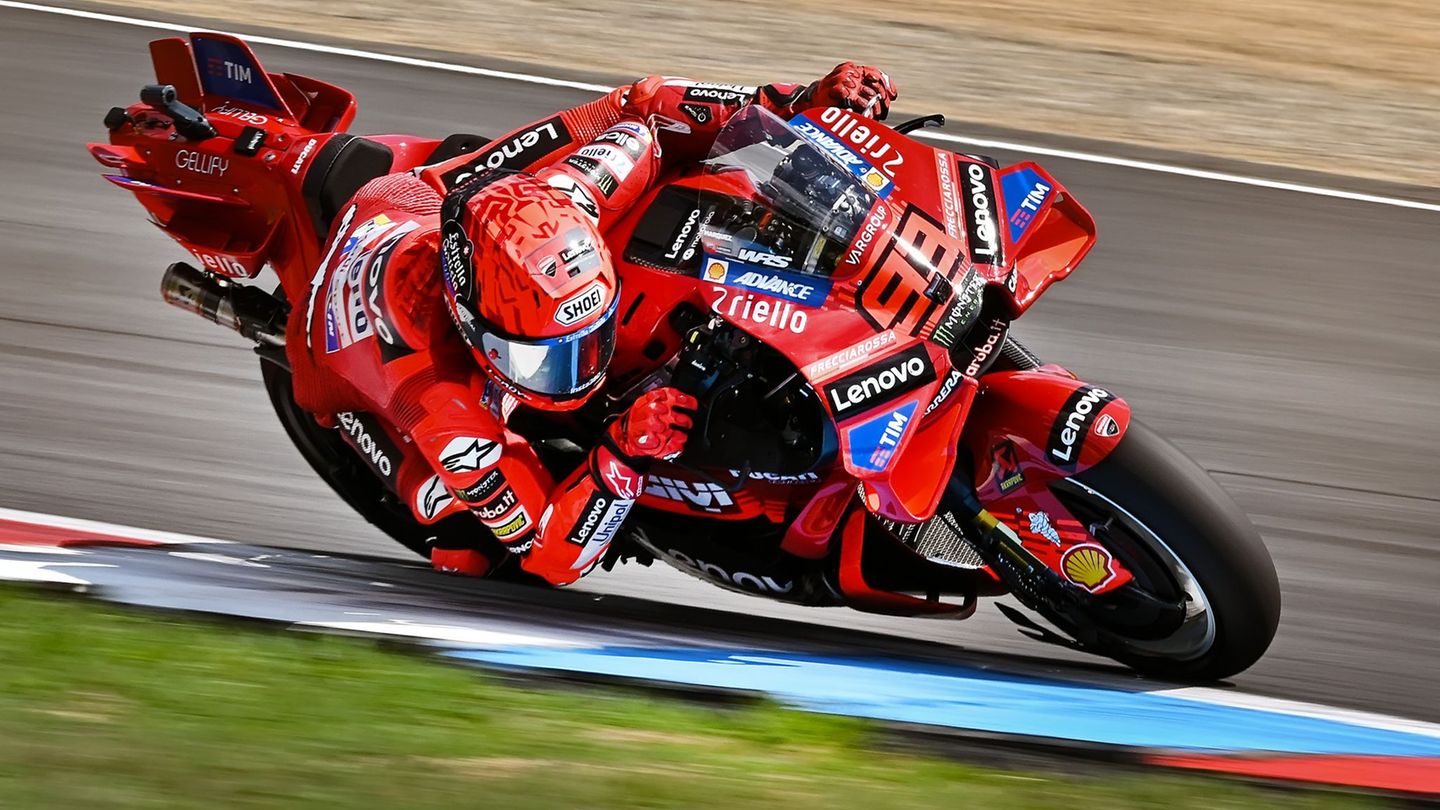In the group evolution, it is the people who, through their various actions, take positions in the group dynamics and display leadership situations. That is to say that leadership is always relative to a situation, since a certain prior circumstance is necessary for the appearance of this figure and, the specifics of that situation, will be what determines the attributes or characteristics of the leader required at that moment.
The leader must be a member of the group, function in social interaction with those led, must share the group goals and be seen as contributing to the progress of the group towards the task. Leadership is not static or linear, and affects both the leader and his followers; it is bidirectional, it occurs in a permanent interaction and refers not only to people in positions of power –formal leaders–, but also to the potential possibility of every person being one if certain situations arise.
There is a mistaken assumption that there are born leaders, available, just waiting to be found. The situational approach to leadership shows that this is not the case, that leadership arises as a consequence of the interactions produced in a group and that these are the result of the interactional process, since the members recognize who is the most useful person to achieve the group’s objectives.
In this sense and for the understanding of leadership, different aspects must be analyzed, such as interactional factors, the expectations of the members and the behaviors by which a person becomes a leader. This means that it is the group –and the situation in which it finds itself– that produces the leader and reverses the (rather widespread) assumption that the leader or his condition precedes the group. For these reasons, leadership can pass from one person to another, and there can be many leaders in the same group if we follow their course of interaction and it will depend on the plasticity of each group if these roles are mobile or remain rigid and with few modifications. .
For his part, the leader avoids anxiety and the cost of the risk of failure, including its possible consequences. It has a lower status than that of a leader and assumes less control over the activities of the group and those of the other members.
Regarding the communication of the group and the leader, it will be adequate or not insofar as it contributes to achieving the objective. There are different modalities of group communication and although the ideal would be a type of communication called network, in which everyone communicates with each other (each with each of the others), other forms of exchange are presented in groups. For example, sometimes there is a conversation from one to all, typical of autocratic leadership, which is radial and centrifugal, where communication originates from the leader and each of the members speaks to him; others are centripetal radials, from everyone to one, who is often a candidate for goat in that group.
In this sense, a talk detached from the task to be performed will not be taken as positive –even if it is fluid and with a good group climate–, since it will only be evaluated as positive or negative if it favors or obstructs the achievement of the goals set by the group. . Evaluating communication is not affirming its mere presence, its qualification is necessary: asking who is speaking, who is silent, how communication circulates, who is listened to, what happens to the leaders; if the communication is in pursuit of the task or of resistance, it will be necessary to listen and detect what and how the obstacles are produced, what is silenced, what is not said and what and how are the feed-back. In other words, if communication in a two-body relationship is difficult to approach, a greater complexity is generated in a group since the number of exchanges is significantly high and circulates in different directions.
Author of the book “Evaluation of groups”, by Editorial Paidós.
Source: Ambito
David William is a talented author who has made a name for himself in the world of writing. He is a professional author who writes on a wide range of topics, from general interest to opinion news. David is currently working as a writer at 24 hours worlds where he brings his unique perspective and in-depth research to his articles, making them both informative and engaging.




